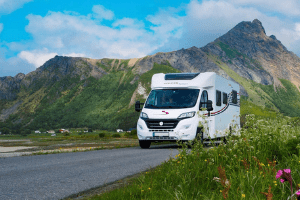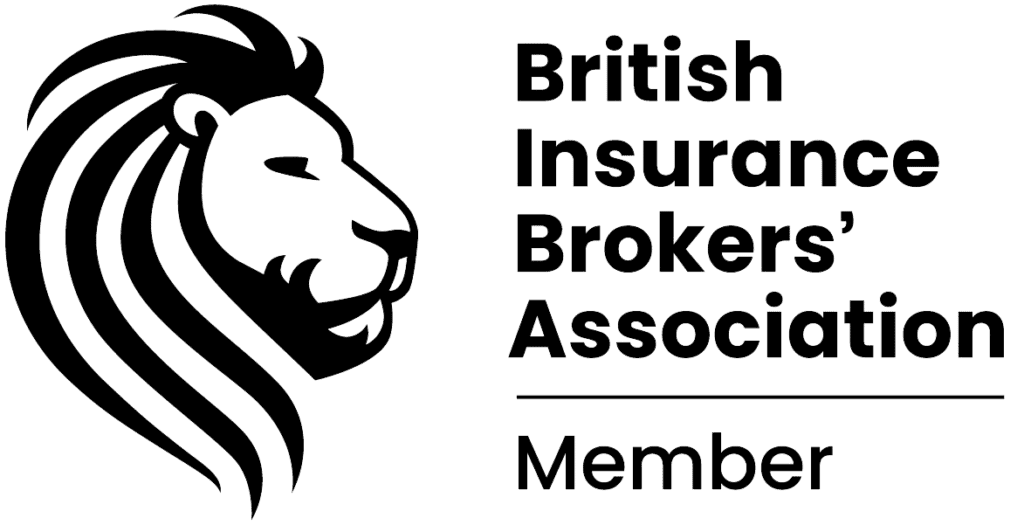The 28th of January is National Data Privacy Day, in today’s world so much information is accessible over the internet so knowing how to safeguard yourself and your data, both in real life and online is crucial. We’ve put together some basic tips to help keep your data safe.
Keep your systems up to date
Protect yourself from potential cyber-attacks and hacking by ensuring that your computer, mobile, and other electronic devices are using the most up-to-date operating systems and software available. It can sometimes be annoying to regularly update your devices but keeping them up-to-date with the latest security updates and patches is essential for protecting your data, some systems will even let you schedule updates when your device is not in use so you can efficiently stay updated.
Passwords
Use Different passwords for your online account
This is a big one, passwords. It is best practice to use a different password for each of your online accounts, especially for things like banking. If one of your online accounts is hacked or your information is leaked in a data breach you don’t want the singular password you use for everything out there.
It can be hard to remember all those different passwords and coming up with strong passwords can be a challenge too, if this is the case for you it may be worth using a password generator. A password generator will generate strong passwords for each website you use and store all your passwords in one place, this way you only have to remember one password.
Check if your information has been leaked in a data breach
Data breaches are unfortunately something that do occur often, if you want to check if any of your data has been leaked a good website to use is https://haveibeenpwned.com
Enable 2-step authentication
Turning on 2-step authentication is a great way to secure your online accounts. 2-step authentication is when you need to access a generated login code either by text, email, or an authentication app when you log in. This means that even if a hacker accesses your password they will not be able to access your account without an additional generated code.
Avoid obvious passwords
When it comes to passwords it’s best to try and avoid information using personal details that are easy to guess, commonly in passwords things like year of birth, children’s names, and pet’s names are used. Depending on your internet privacy settings often a lot of this information can be found online.
Even common security questions, such as “what was the name of your first pet?” or “what was the name of your first school?” can often be answered by looking at tagged or throwback photos on social media accounts. It’s important to keep this in mind when creating your password and security questions.
Be cautious of what you are posting online
Social Media Privacy Settings
If you want to keep safe online reviewing your privacy settings to check who can view your profile is a good idea. If you’re using a personal social media account, it may be a good idea to make it so that only your friends and family can view your profile and posts (you can always make a separate account to post things you want the public to see, e.g. a lot of people make motorhome and campervan travel accounts to share pictures and videos of their touring adventures.)
Private personal information
Personal information like your date of birth, location, place of work etc can build accurate information to a user profile and put you at risk of identity fraud so be careful how much information you make public online.
Avoid Sharing Pictures of Your Home’s Exterior
Avoid posting pictures of the front of your house, you may not realise it but posting a picture of the front of your house can inadvertently reveal your home’s location. Furthermore, a photo that showcases your front door or windows can give burglars a blueprint for breaking in.
Avoiding posting a photo of your home exterior is particularly important to remember if you park your campervan or motorhome in your driveway, as you don’t want thieves to deduce your address and put you at risk of theft.
Posting while travelling
Travelling in your motorhome and campervan is an exciting experience and you may want to share pictures and posts in the moment of travelling. But it’s best to wait until you’re home before posting, you don’t want anyone to know that your home is unattended. If you’re full-timing or touring, posting a geotagged photo of your current location is also something that can put your vehicle at risk of theft.
Destroying documents with personal information on it
Remember not all thieves work online, so it’s important to properly dispose of physical documents and labels with your information this includes: invoices, financial records, tax documents, legal papers, parcel labels, envelopes, and purchase receipts.
Best ways to destroy documents and labels
- Burning them
- Shredding – shredding is one of the most common ways of destroying documents, although it is not foolproof. Shredded documents can in fact be reconstructed, so the best procedure when shredding documents is to mix the shreddings into different bags and separate them in the bins.
Pulping them – if you’re not familiar with this it is when you put all your documents into a bucket or bin with water (and baking soda which will help speed up the process) and leave the paper to soak. Then with a drill with a paint mixer attachment blend the mixture until you achieve a pulp consistency. Spread out the mixture on the floor outside to dry out a bit then you can either throw it into the bin or use it with a compost mix













